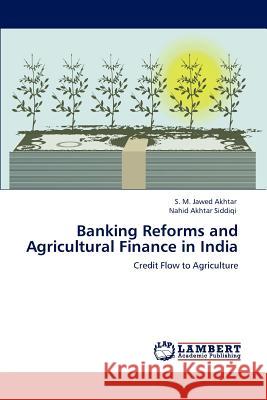Banking Reforms and Agricultural Finance in India » książka
Banking Reforms and Agricultural Finance in India
ISBN-13: 9783848492336 / Angielski / Miękka / 2012 / 356 str.
Credit is the lifeblood of modern economic system, in absence of which no system can survive. It acts as lubricating oil to swiftly move the wheels of economic development. In economic development of India, agriculture still forms the base, which is not away from the need of credit. Farmers need much more capital than they can afford to save. A number of policies have been made to infuse social responsibility in the formal financial institutions to extend credit to rural areas, and succeeded in establishing a vast network of financial institutions. But, quantitative progress at the cost of quality, high cost structure of operations in rural areas and mounting overdues became a threat to the viability of the financial institutions. Consequently, the policy of competitive financial system was adopted from 1991 onwards in the provision of agricultural credit to improve the viability of financial agencies which have positive as well as negative influences on the credit flow to agriculture. In this book an attempt has been made to examine the agricultural credit during pre and post-banking reforms in India.











